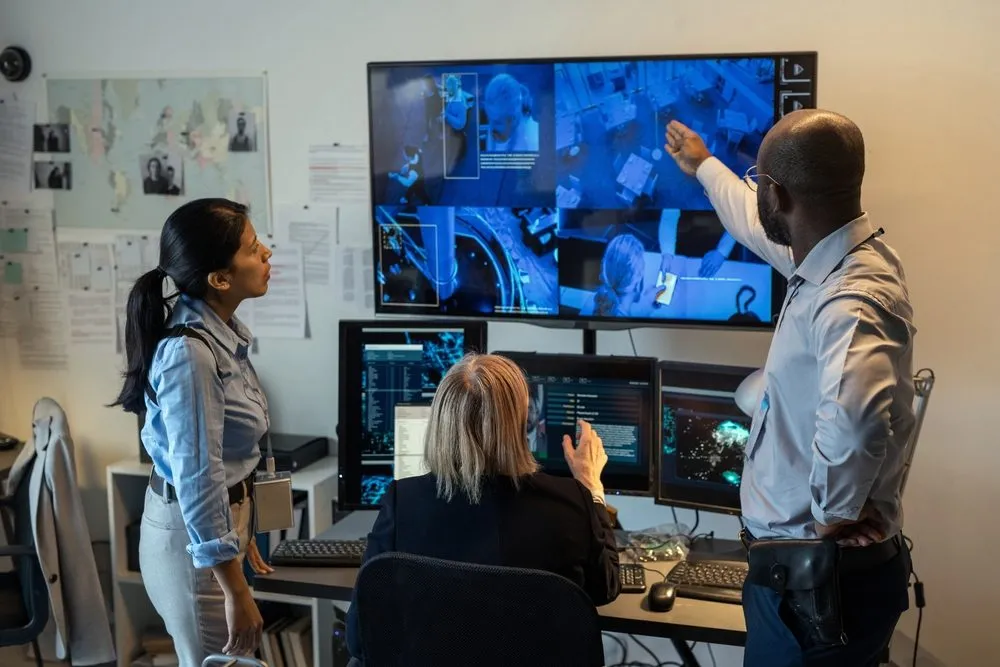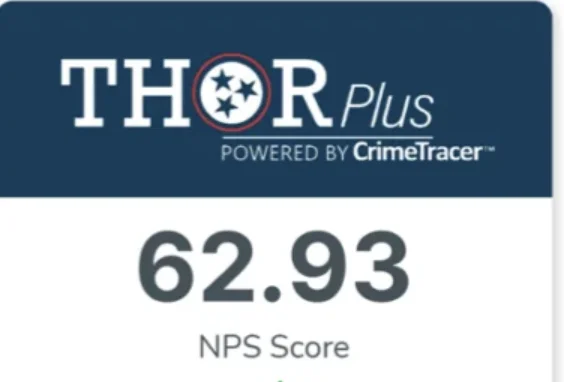Today, law enforcement has a wide variety of technology tools at their disposal to help investigate, and sometimes even thwart, a crime. One of those tools, Facial Recognition Software (FRS), has been getting a lot of attention as of late. Much of this attention is due to San Francisco’s Board of Supervisors’ recent ban, preventing police from using this technology. Why?
The use of this technology and its associated databases, as well as similar tech like automated license plate readers (LPRs), has caused a stir among civil libertarians over a number of concerns, including:
- Privacy
- The government and private companies collecting and storing too much data on the movements of innocent people
- The data getting into the hands of the wrong people
- The tech and databases being abused by law enforcement and the intel community
- The tech misidentifying people, especially minorities
- The tech doesn’t have enough rules, protocols and safeguards in place
While these concerns are legitimate, there’s no reason to throw such tech into the trash.
A Call for National FRS Regulation
To ease privacy and data concerns, there should be regulation at the national level to create a national, comprehensive set of standards, protocols, and safeguards for the use of this technology and its databases. National regulations are in place to provide protections in national DNA and fingerprint databases, and they can be employed here as well.
With proper safeguards, this tool and others like it can be used effectively to combat all manner of crime, including terrorism, all the while alleviating privacy concerns.
Instead of banning the use of facial recognition while waiting for the Federal government to act, law enforcement agencies and their supervisors should take the lead at a local level and enact legislation. This would give law enforcement a vital tool to make their city and citizens safer while giving civilians the privacy safeguards they are looking for.
There is a happy middle ground where both sides – the police departments and local government supervisors – can meet. This is not an all-or-nothing situation, and facial recognition software is too useful to simply ban.
It’s easy for privacy activists to stoke mistrust between the police and the public with language like “Big Brother’s Watching.” But imagine how quickly the public sentiment might change if a violent predator was randomly targeting children and the police couldn’t make a quick apprehension because they were banned from using the technology that could quickly solve the case.
Hopefully, the Federal government will step in and resolve the issue before any further bans occur. This way, law enforcement can avoid a hodgepodge of different, overly burdensome regulations at the state and local levels, or the outright denial of the use of this technology.
I would hate to see tragic cases play out in our communities – involving serious injury or loss of life – especially if it could have been avoided with the approval of this technology for proper use by law enforcement.





